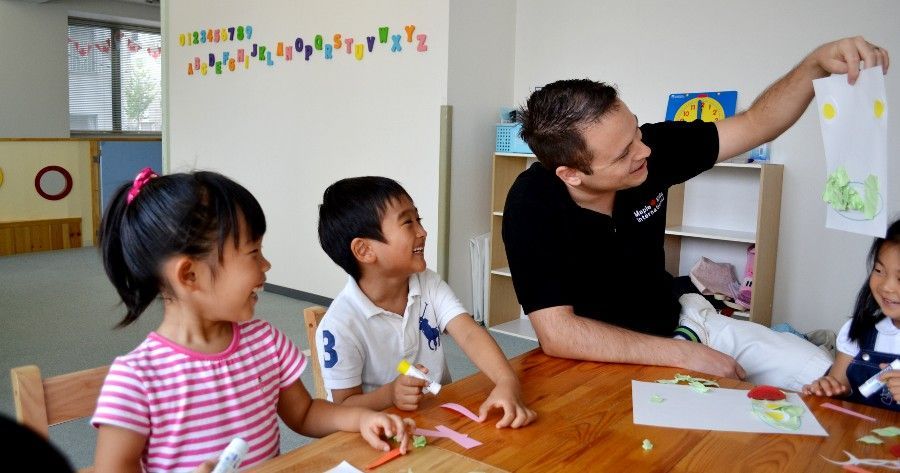Preparing Your Child for Their First Day of School
MKI • August 31, 2023
We understand that sending your child to school for the first time can be an emotional and exciting experience for both you and your little one. To ensure a smooth transition, we have prepared this report to provide guidance on what to expect and how to handle this important milestone.
Emotional and Developmental Milestones
At the age of 2, children are in a period of rapid growth and development, both physically and emotionally. It is essential to keep in mind the following milestones and expectations:
- Separation Anxiety: It is normal for your child to experience separation anxiety during the initial days or weeks of school. Crying, clinging, or even expressing reluctance to go to school are common reactions. Reassure your child that you will return and establish a consistent goodbye routine to build their trust and confidence.
- Social Skills: During this stage, children begin to explore social interactions. Encourage your child's social development by facilitating playdates, engaging in cooperative activities, and reading books that highlight sharing and taking turns.
- Communication Skills: Language development is crucial at this age. Continue to engage your child in conversations, read aloud, and encourage vocabulary expansion. It will aid in their communication with peers and teachers.
Preparing for the First Day
To help your child adjust to their new environment and establish a positive foundation for learning, we recommend the following strategies:
- Orientation: Arrange a visit to the school before the first day. This will allow your child to become familiar with the surroundings, meet the teachers, and explore the classroom and play areas.
- Establish Routines: Establish consistent daily routines, such as a regular wake-up time, mealtime, and bedtime. Having predictable routines will provide your child with a sense of security and structure.
- Communication with Teachers: Share relevant information about your child's likes, dislikes, and any special needs with the teachers. Collaborating with them will ensure that your child's individual needs are met and will aid in the transition process.
Supporting Your Child's Transition
As parents, your support and understanding play a vital role in helping your child adapt to school life. Here are some strategies to facilitate a smooth transition:
- Be Positive: Maintain a positive and enthusiastic attitude when discussing school. Emphasize the exciting opportunities and new friendships your child will make.
- Active Listening: Encourage your child to express their feelings and concerns about school. Be empathetic and validate their emotions while providing reassurance and support.
- Establish a Consistent Routine: Establishing a routine that includes quality time together outside of school hours will help your child feel secure and connected to you.
- Celebrate Achievements: Acknowledge and celebrate your child's achievements, no matter how small. Positive reinforcement will boost their self-confidence and enthusiasm for learning.
Ongoing Communication
Maintaining open lines of communication between parents and teachers is essential for your child's well-being and progress. We encourage you to:
- Attend Parent-Teacher Meetings: Regularly participate in parent-teacher meetings to discuss your child's progress, address any concerns, and collaborate on strategies to support their development.
- Stay Informed: Keep up-to-date with school newsletters, notices, and online platforms to stay informed about school events, policies, and activities.
We are confident that with your love, patience, and support, your child will thrive in their new school environment. Please feel free to reach out to us if you have any questions or concerns.
We look forward to embarking on this educational journey together!
Easter Event for Kids
There will be lots of fun activities such as coloring eggs, games, and egg hunts‼︎
Maple Kids Summer School
Enjoy a week of English while learning science and art. Sign up with 2 or more people and
Preparing Your Child for Their First Day of School
We understand that sending your child to school for the first time can be an emotional
Benefits of Learning English from a Young Age
Studying English as a second language from a young age can have numerous benefits










